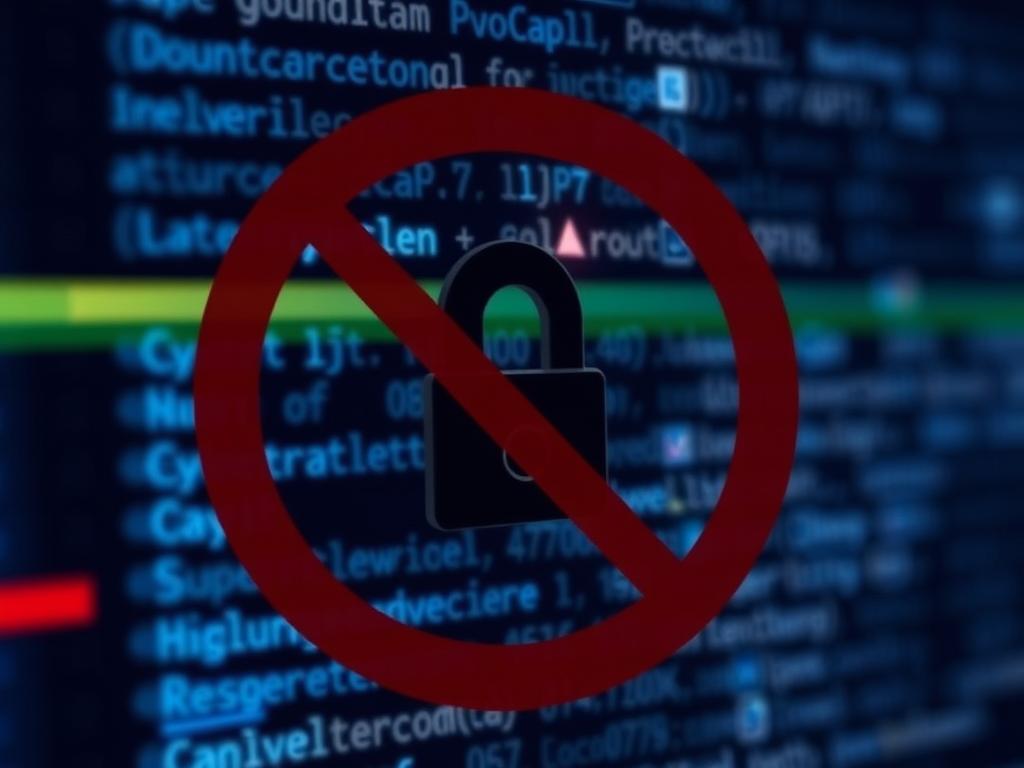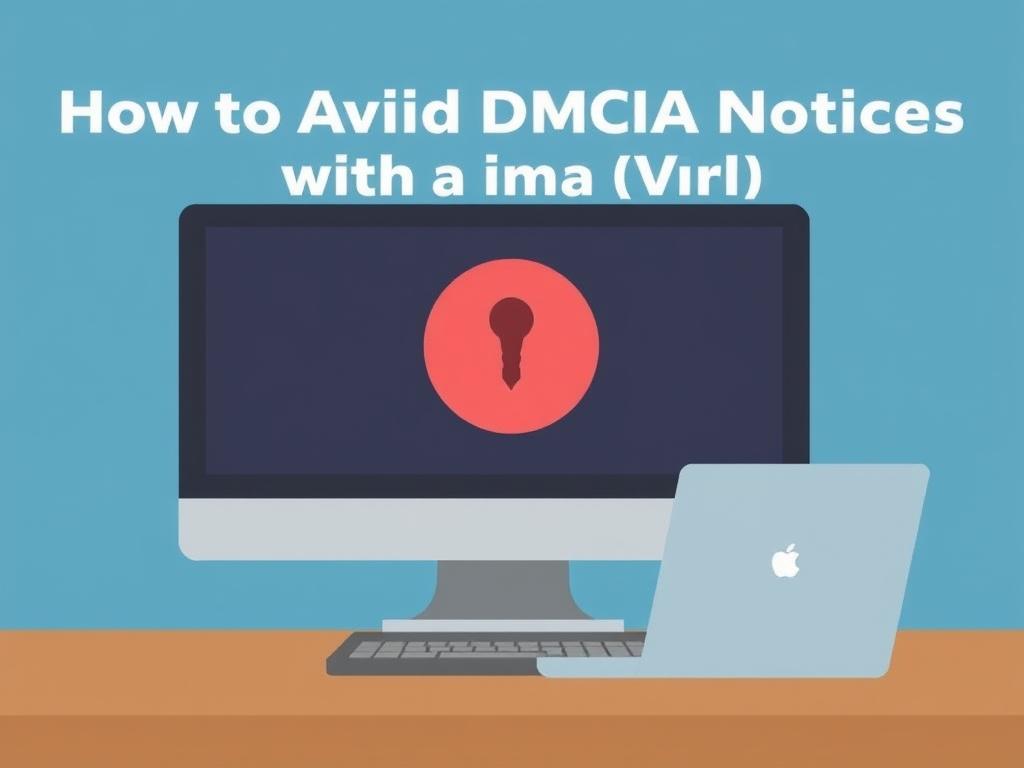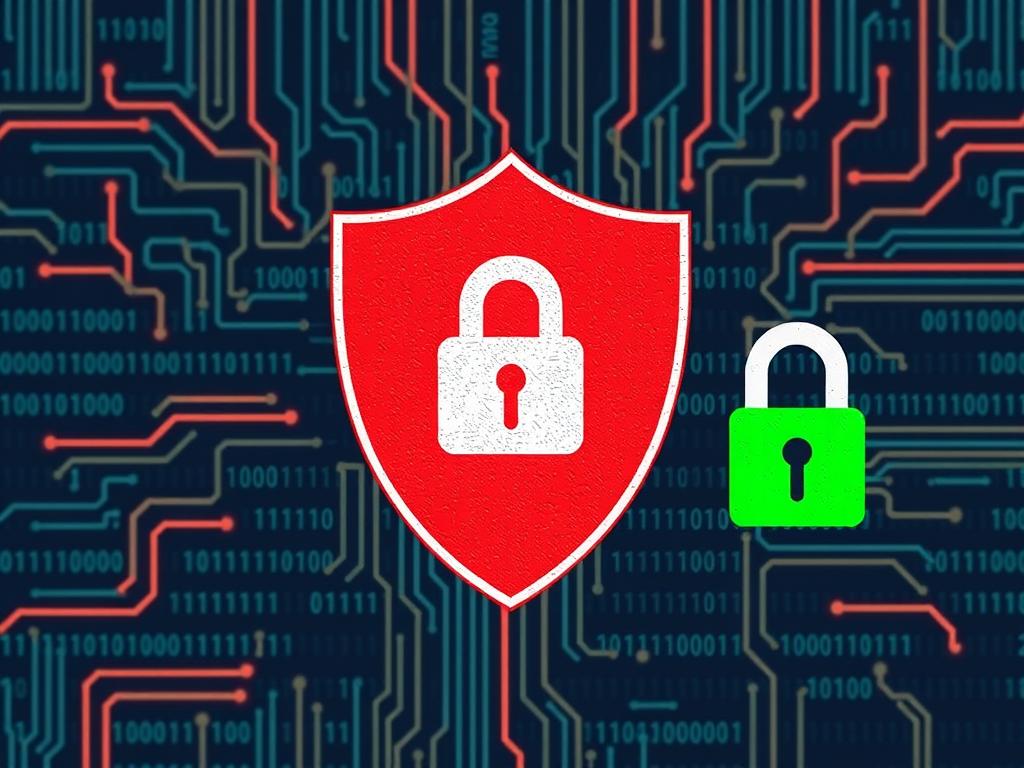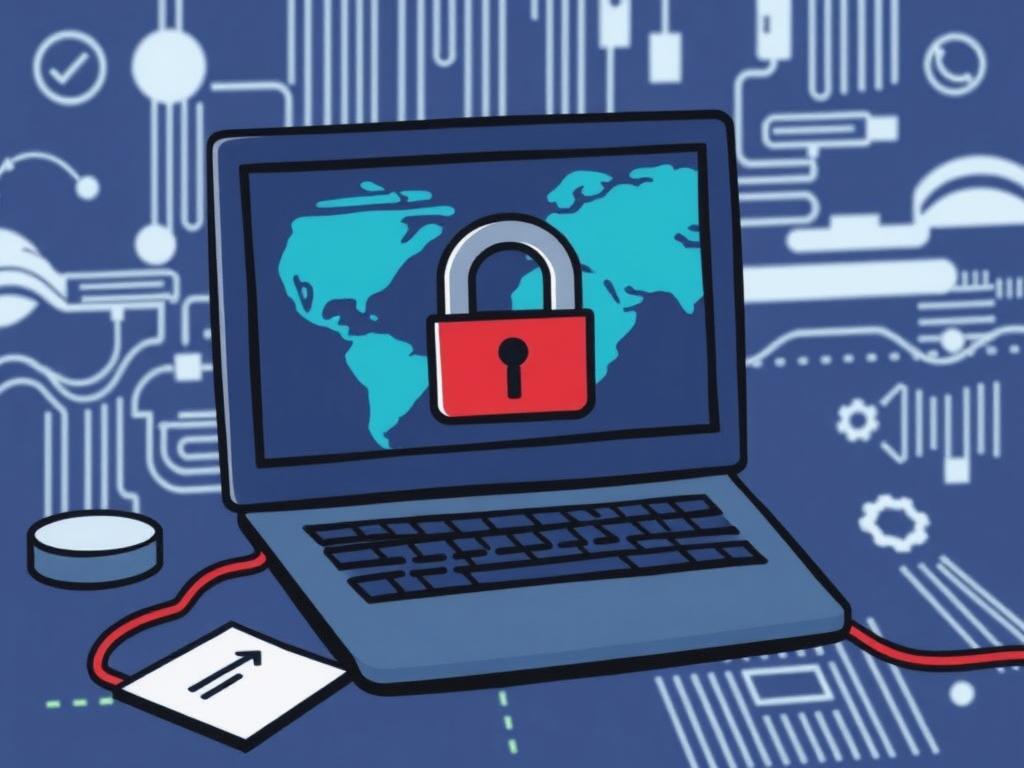If you’ve ever torrenting, streaming, or simply browsing online, you might have heard the dreaded term DMCA notices. These warnings can feel like a slap on the wrist from your internet service provider, signaling that your online activities have attracted legal attention. But what exactly are DMCA notices, and more importantly, how can you avoid them? One of the most effective tools in your digital arsenal is a VPN, or Virtual Private Network. In this article, we’ll explore the ins and outs of DMCA notices, how a VPN works to keep you safe, and practical tips on how to avoid getting caught in those unnecessary legal crosshairs.
Understanding DMCA Notices and Their Impact
The DMCA, or Digital Millennium Copyright Act, is a US law designed to protect copyright holders by targeting illegal distribution and sharing of copyrighted content online. When a copyright owner spots unauthorized sharing or distribution, they send a DMCA notice to the offending internet service provider (ISP), who then often notifies the user responsible. Receiving multiple DMCA notices can lead to throttling of your internet speed, suspension, or even termination of your internet service. This is why understanding what triggers a DMCA notice and how to prevent it is crucial for any internet user who values their online freedom.
What Exactly Triggers a DMCA Notice?
Typically, a DMCA notice is triggered when copyrighted content—movies, music, TV shows, software, or even certain books—is shared or downloaded without permission. Peer-to-peer (P2P) file sharing networks, torrent sites, and unauthorized streaming platforms often attract scrutiny. ISPs monitor user traffic for such activity either directly or through third-party monitoring services, and once detected, the chase begins.
The Risks of Ignoring DMCA Notices
Many users underestimate the seriousness of a DMCA notice. Ignoring these warnings can result in escalating consequences, from warnings to disconnection from your ISP. In some cases, repeated infringement might even lead to legal action and hefty fines.
How a VPN Can Help You Avoid DMCA Notices
A VPN masks your online identity by routing your internet traffic through a secure, encrypted server located elsewhere in the world. This means your ISP, and anyone trying to monitor your activities, sees only encrypted data heading to the VPN server, not the actual content or destinations you visit. Here’s how this helps you avoid DMCA notices:
- IP Address Masking: Your real IP address is hidden, making it difficult for anyone to track or link your activities to you.
- Encrypted Traffic: Encryption prevents ISPs and copyright watchdogs from inspecting your data packets to identify file-sharing activities.
- Geographical Freedom: Bypass geo-restrictions where DMCA enforcement might be more aggressive.
Choosing the Right VPN to Avoid DMCA Notices
Not all VPNs are created equal, especially when it comes to avoiding DMCA notices. Here are some important factors to consider when selecting a VPN:
| Feature | Why It Matters | Recommended Specs |
|---|---|---|
| No-logs Policy | Ensures your data and activity are not recorded, minimizing risk if asked to disclose information | Strict no-logs confirmed via independent audits |
| Strong Encryption | Protects your online activities from being seen or intercepted | AES-256 bit or higher |
| High-speed Connections | Prevents slowdowns during video streaming or torrenting | Multiple servers with unlimited bandwidth |
| Kill Switch | Automatically blocks internet traffic if the VPN connection drops, preventing exposure | Integrated and reliable |
| Jurisdiction | VPNs based outside DMCA or data sharing alliances reduce exposure | Preferably outside the US, UK, Australia, Canada (Five Eyes countries) |
Practical Tips for Using a VPN to Avoid DMCA Notices
Using a VPN is not just about downloading and pressing “connect.” You need a savvy approach to avoid attracting DMCA attention while enjoying your online freedom safely and smartly.
1. Always Connect Your VPN Before Going Online
Many users make the mistake of connecting to the internet first and then turning on the VPN. This can expose your real IP address momentarily, which might be tracked by ISPs. Ensure your VPN is active and connected before you start any online activity, especially torrenting.
2. Use P2P-Friendly Servers on Your VPN
Many VPN providers mark their servers as optimized for P2P traffic. Using these means faster speeds and added protection. Avoid servers in countries with strict anti-piracy laws if you want to minimize risks.
3. Enable the VPN Kill Switch
Dropping your VPN connection mid-download can expose your IP address to your ISP. Enabling the kill switch will stop all internet traffic if the VPN disconnects unexpectedly, ensuring your activities stay hidden.
4. Avoid Free VPNs

Free VPN providers often have weaker encryption, log your data, or limit bandwidth, undermining your privacy and speed. Paid VPNs offer better security, stricter no-log policies, and more reliable connections.
5. Update Your VPN Software Regularly

VPN providers routinely update their apps to patch security flaws and enhance privacy features. Running the latest version ensures you’re protected against vulnerabilities that could expose your information.
Common Myths About VPNs and DMCA Notices
Even though VPNs provide significant protection, misconceptions can lead to risky behavior. Let’s debunk some common myths:
- Myth: Using a VPN guarantees you will never receive a DMCA notice.
Fact: While VPNs enhance privacy, absolute anonymity isn’t guaranteed, especially with less secure services. - Myth: VPN use is illegal in most countries.
Fact: VPNs are legal in the vast majority of countries. However, their use for illegal activities remains prohibited. - Myth: All VPNs hide your IP address the same way.
Fact: Some VPNs leak your IP address due to poor configuration or bugs, so quality matters.
Bonus Tips: Staying Safe Beyond VPN Usage
While a VPN is an essential step, combining it with other good habits can greatly reduce your risk of DMCA notices:
- Use Trusted Torrent Clients: Many clients now support encryption and privacy settings.
- Check Torrent Legitimacy: Stick to legal and verified torrents to avoid sharing copyrighted content unintentionally.
- Regularly Clear Your Cache and History: Although not foolproof, it reduces traces on your local machine.
- Avoid Public Wi-Fi for Sensitive Activities: Public networks add additional risks of exposure.
Conclusion

A VPN is your frontline defense against DMCA notices, offering encryption, IP masking, and the ability to bypass geographical restrictions. However, its effectiveness depends on the quality of the VPN service and your own online habits. By choosing a reliable VPN with a strict no-logs policy, enabling features like the kill switch, and combining it with responsible torrenting and browsing etiquette, you can significantly reduce your risk of receiving unwanted DMCA notices. Remember, staying informed and cautious is just as important as the tools you use, so invest wisely in your online privacy and enjoy the internet with confidence and peace of mind.
